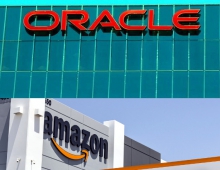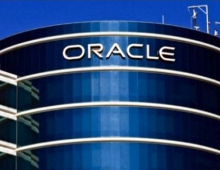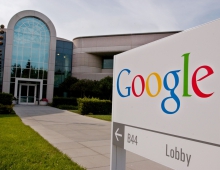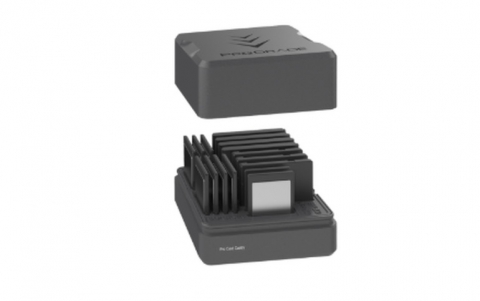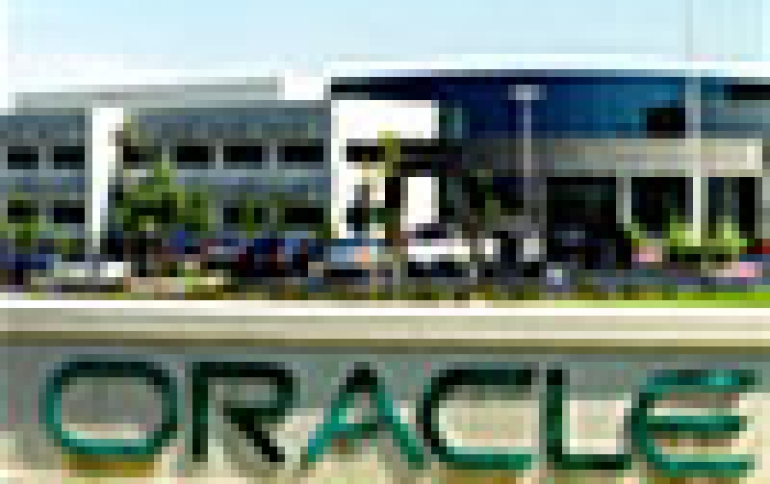
EC Objects to Oracle Acquisition of Sun Microsystems
European Commission (EC) antitrust regulators have raised formal objections to Oracle's proposed 7.4 billion U.S. dollars acquisition of Sun Microsystems.
The European Commission has already expressed concerns about possible harm to the database market from an Oracle-Sun tie-up when it launched a formal antitrust probe of the deal in September.
The European Commission has expressed concerns that businesses may have fewer choices and see higher prices if Oracle acquires Sun, whose MySQL makes the leading open-source database.
According to a filing by Sun Micro with U.S. Securities and Exchange Commission, the EC's statement is limited to Sun's open-source MySQL database software and its potential combination with software sold by Oracle.
"Oracle's acquisition of Sun is essential for competition in the high end server market, for revitalizing Sparc and Solaris and for strengthening the Java development platform," Oracle said in a statement. "The transaction does not threaten to reduce competition in the slightest, including in the database market. The Commission's Statement of Objections reveals a profound misunderstanding of both database competition and open source dynamics. It is well understood by those knowledgeable about open source software that because MySQL is open source, it cannot be controlled by anyone. That is the whole point of open source," the company added.
"The database market is intensely competitive with at least eight strong players, including IBM, Microsoft, Sybase and three distinct open source vendors. Oracle and MySQL are very different database products. There is no basis in European law for objecting to a merger of two among eight firms selling differentiated products. Mergers like this occur regularly and have not been prohibited by United States or European regulators in decades," Oracle said.
The U.S. Department of Justice has also carefully reviewed the proposed acquisition during the normal Hart-Scott-Rodino review and considered it again when the European Commission initiated a second phase review. On both occasions the Justice Department came to the conclusion that there is nothing anticompetitive about the deal, including specifically Oracle?s acquisition of the MySQL database product. The U.S. Department of Justice approved the acquisition without conditions and terminated the waiting period under the Hart-Scott-Rodino Act on August 20, 2009.
"After conducting a careful investigation of the proposed transaction between Oracle and Sun, the Department?s Antitrust Division concluded that the merger is unlikely to be anticompetitive," said Deputy Assistant Attorney General Molly Boast of the Department of Justice?s Antitrust Division, commecting on EC's decision.
"This conclusion was based on the particular facts of the transaction and the Division?s prior investigations in the relevant industries. At this point in its process, it appears that the EC holds a different view. We remain hopeful that the parties and the EC will reach a speedy resolution that benefits consumers in the Commission?s jurisdiction," he added.
Oracle said that it planned to oppose the Commission?s Statement of Objections as the evidence against the Commission?s position is overwhelming.
The European Commission has expressed concerns that businesses may have fewer choices and see higher prices if Oracle acquires Sun, whose MySQL makes the leading open-source database.
According to a filing by Sun Micro with U.S. Securities and Exchange Commission, the EC's statement is limited to Sun's open-source MySQL database software and its potential combination with software sold by Oracle.
"Oracle's acquisition of Sun is essential for competition in the high end server market, for revitalizing Sparc and Solaris and for strengthening the Java development platform," Oracle said in a statement. "The transaction does not threaten to reduce competition in the slightest, including in the database market. The Commission's Statement of Objections reveals a profound misunderstanding of both database competition and open source dynamics. It is well understood by those knowledgeable about open source software that because MySQL is open source, it cannot be controlled by anyone. That is the whole point of open source," the company added.
"The database market is intensely competitive with at least eight strong players, including IBM, Microsoft, Sybase and three distinct open source vendors. Oracle and MySQL are very different database products. There is no basis in European law for objecting to a merger of two among eight firms selling differentiated products. Mergers like this occur regularly and have not been prohibited by United States or European regulators in decades," Oracle said.
The U.S. Department of Justice has also carefully reviewed the proposed acquisition during the normal Hart-Scott-Rodino review and considered it again when the European Commission initiated a second phase review. On both occasions the Justice Department came to the conclusion that there is nothing anticompetitive about the deal, including specifically Oracle?s acquisition of the MySQL database product. The U.S. Department of Justice approved the acquisition without conditions and terminated the waiting period under the Hart-Scott-Rodino Act on August 20, 2009.
"After conducting a careful investigation of the proposed transaction between Oracle and Sun, the Department?s Antitrust Division concluded that the merger is unlikely to be anticompetitive," said Deputy Assistant Attorney General Molly Boast of the Department of Justice?s Antitrust Division, commecting on EC's decision.
"This conclusion was based on the particular facts of the transaction and the Division?s prior investigations in the relevant industries. At this point in its process, it appears that the EC holds a different view. We remain hopeful that the parties and the EC will reach a speedy resolution that benefits consumers in the Commission?s jurisdiction," he added.
Oracle said that it planned to oppose the Commission?s Statement of Objections as the evidence against the Commission?s position is overwhelming.



